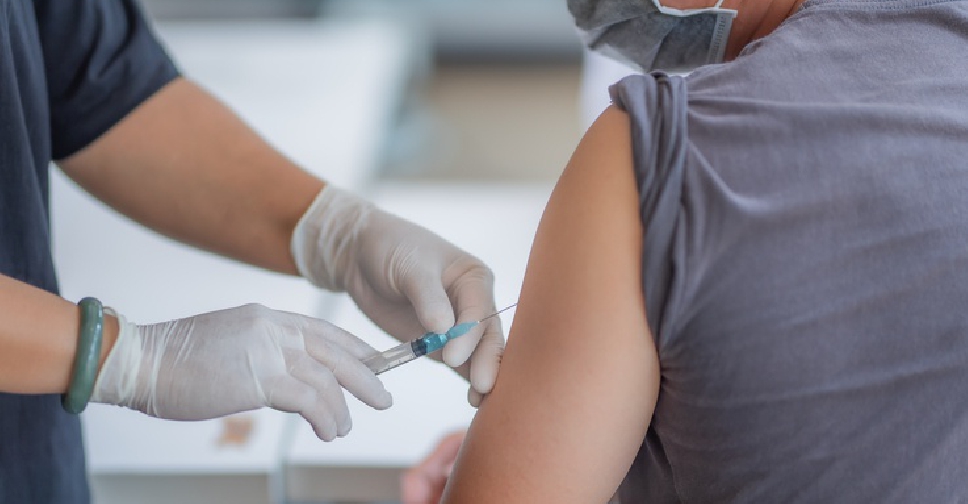
The UAE has been appealing to other nations to provide free access to COVID-19 vaccines at the 13th Summit of the Global Forum on Migration and Development (GFMD).
Global leaders have joined the UAE's call for international cooperation on recovery efforts to help migrants in the aftermath of the COVID-19 pandemic and for more vaccination programmes.
They have been speaking at the opening ceremony of the summit which is being hosted by the UAE under the patronage of His Highness Sheikh Mohammed bin Rashid Al Maktoum, Vice President and Prime Minister of the UAE and Ruler of Dubai.
Many focused on the importance of partnerships in reviving economic development in the aftermath of a pandemic that has seen the worldwide movement of people plummet by up to 50 percent this year.
Nasser bin Thani Juma Al Hamli, the UAE Minister of Human Resources and Emiratisation, opened the summit with a speech that urged the world to come together as one community to tackle urgent priorities.
Al Hamli said, "Recovering from this pandemic will take a global effort in which we all have a part to play. We must find ways to partner together: government with business and civil society, national administrations with local administrations. Migrants, too, must be empowered to play their role. So many have the skills and the knowledge to help build up, once more, their communities, if they are allowed to do so. I hope that we will all, as a global community, take this opportunity to come together and look for ways to transform the future through innovation and cooperation."
In particular, the Minister noted that the UAE’s vaccination programme, which has already delivered over 1.9 million vaccinations, is available at no cost to residents and citizens alike, and called on other countries to follow suit in ensuring free vaccination access.
Luis Gallegos, Minister of Foreign Affairs of the Republic of Ecuador, the 2019 chair of the GFMD, reminded delegates of the challenges faced by governments over the last twelve months and the human toll of the pandemic.
"The force and impact of COVID-19 have had a dramatic effect, of enormous intensity and cost to human lives. Maintaining safe, regular and orderly migration in the face of this has not been an easy task," Gallegos said.
But with vaccinations now becoming available, Al Hamli’s call was echoed by others, including the Director-General of the International Organisation for Migration (IOM), António Vitorino, who appealed to countries to intensify efforts to make vaccinations available to migrants.
In his speech, Vitorino noted that many governments made significant policy changes over 2020 to accommodate the needs of migrants in the face of the pandemic, including adjusting immigration procedures and finding alternatives to the detention of migrants. But he warned that the pandemic will have long-lasting consequences.
"Recovery will require ingenuity, openness and the capacity to innovate. We need to devise new policies and measures to ensure global mobility and health and safety are strongly coupled together while ensuring that no country, and no individuals, are locked out of international travel systems," Vitorino added.
The Secretary-General of the Organisation for Economic Development and Co-operation (OECD), Ángel Gurría, stated that although global growth is expected to rise by 4.2 per cent this year and by 3.7 percent in 2022, the recovery will be only partial from the steep recession of 2021. Global mobility will not return to previous levels for some time, due to weaker labour demand, travel restrictions and increased remote working.
"But we must seize the opportunity presented by the COVID-19 pandemic to change our approach to the global challenge of international migration. We need a broad, coherent and comprehensive approach. We need an international migration strategy that can address an array of complex challenges from pre-departure to return migration," Gurría said.
Ylva Johansson, the EU Commissioner for Home Affairs, promised Europe’s financial support to the world to address people smuggling and support training programmes, while expanding migration opportunities to Europe, including to low- and medium-skilled workers.
Outlining details of a €38 billion European COVID-19 recovery package, as well as €8 billion for migration management and asylum, Johansson said, "It is my mission to build close, strong and mutually-beneficial partnerships. With the new European Pact on Migration and Asylum, we have the tools to build lasting partnerships to manage migration."
Against the backdrop of the challenges that the world faces, Al Hamli injected a note of optimism. "The UAE welcomes nearly one million new people every year," he said. "That great flow of people, of every race and every religion, is what sustains us. This year, the UAE turns 50. In less than a lifetime, we have as diverse people but together as one community, transformed a corner of the Arabian Peninsula into the crossroads of the world. If you want to see the link between migration and development, look no further than the UAE."




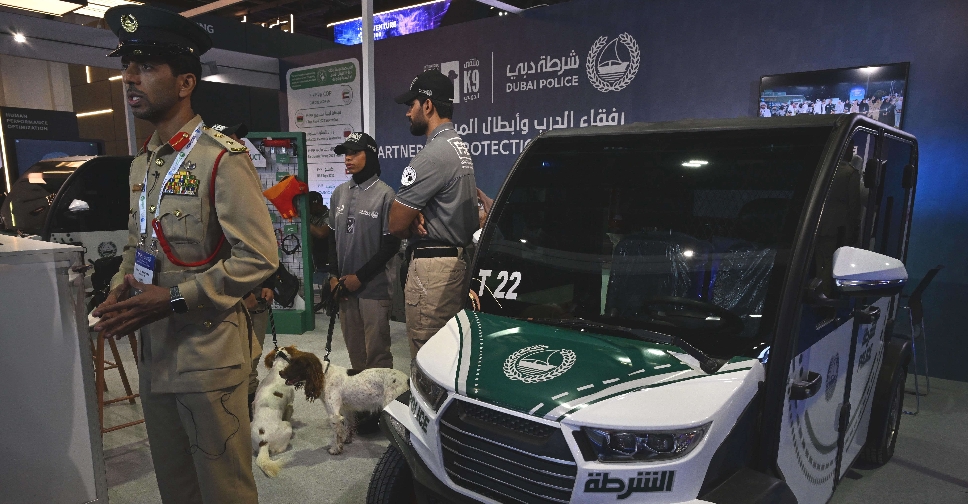 Global security experts meet in Dubai to shape future of policing
Global security experts meet in Dubai to shape future of policing
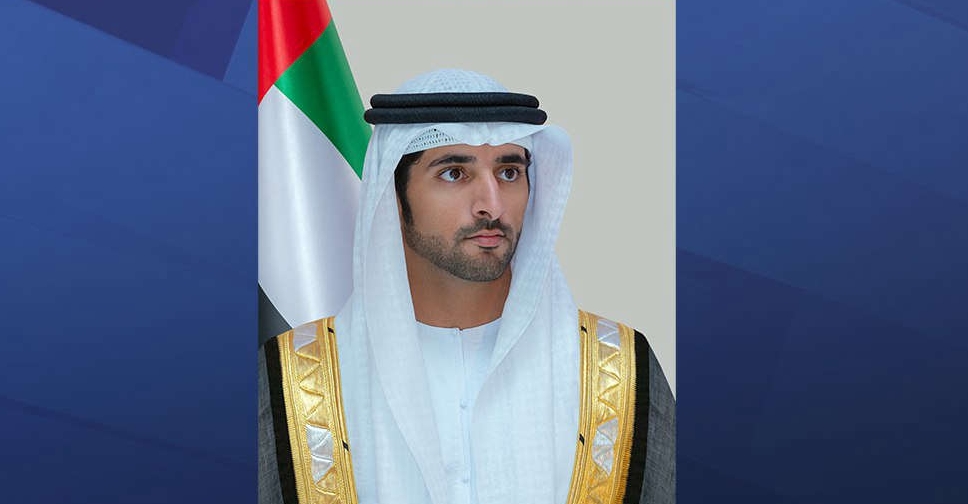 Golden Visas granted to long-serving Dubai Health nurses
Golden Visas granted to long-serving Dubai Health nurses
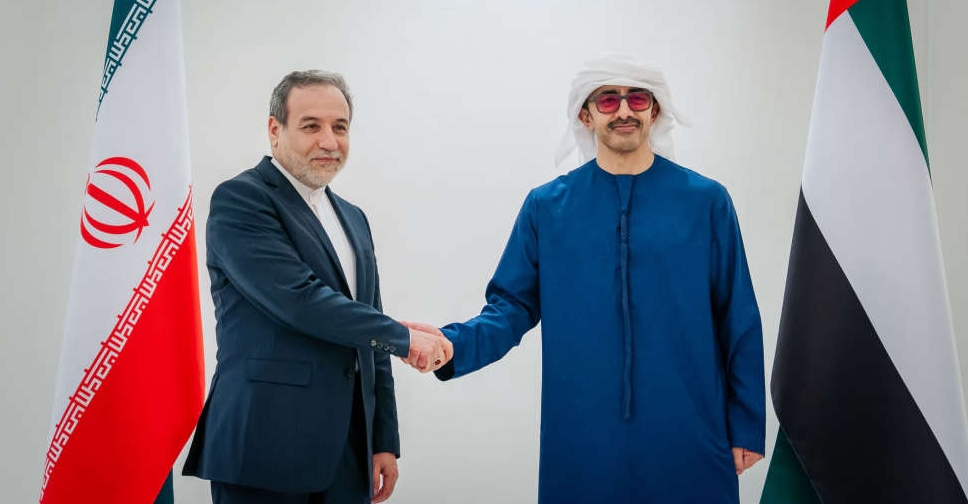 UAE, Iran discuss boosting bilateral ties during Abu Dhabi meeting
UAE, Iran discuss boosting bilateral ties during Abu Dhabi meeting
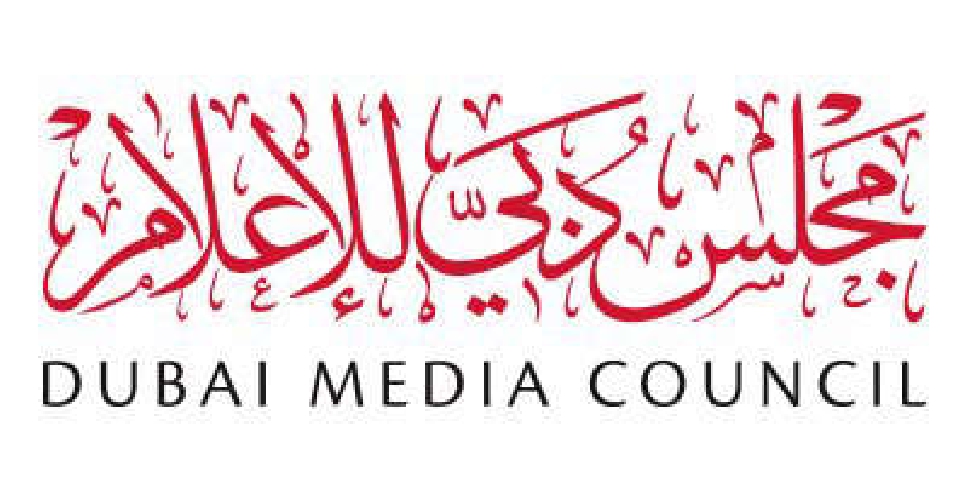 Dubai Media Council gets 'enhanced powers and broader mandate'
Dubai Media Council gets 'enhanced powers and broader mandate'
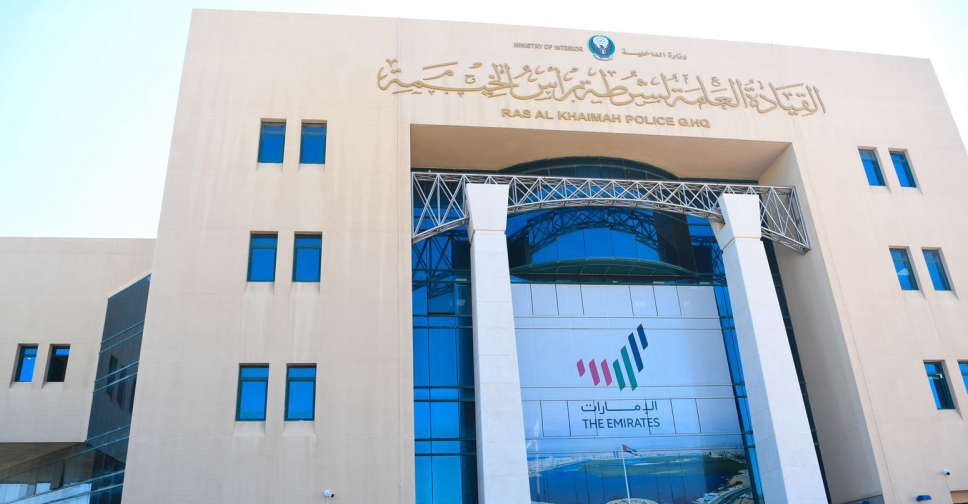 റാസൽഖൈമയിൽ ഗതാഗത തർക്കത്തിൽ മൂന്ന് സ്ത്രീകൾ കൊല്ലപ്പെട്ടു; പ്രതിയെ അറസ്റ്റ് ചെയ്തു
റാസൽഖൈമയിൽ ഗതാഗത തർക്കത്തിൽ മൂന്ന് സ്ത്രീകൾ കൊല്ലപ്പെട്ടു; പ്രതിയെ അറസ്റ്റ് ചെയ്തു
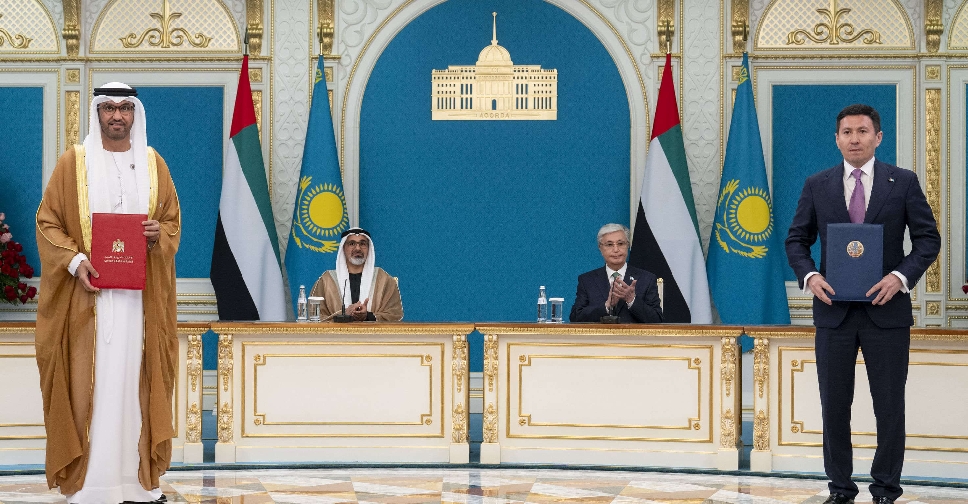 UAE, Kazakhstan strengthen partnership across key sectors
UAE, Kazakhstan strengthen partnership across key sectors
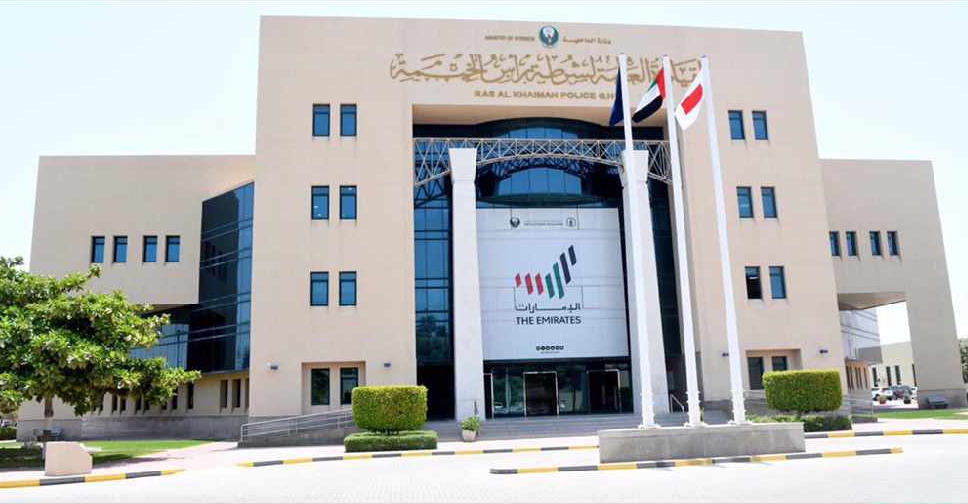 Three women killed in Ras Al Khaimah traffic dispute; suspect arrested
Three women killed in Ras Al Khaimah traffic dispute; suspect arrested
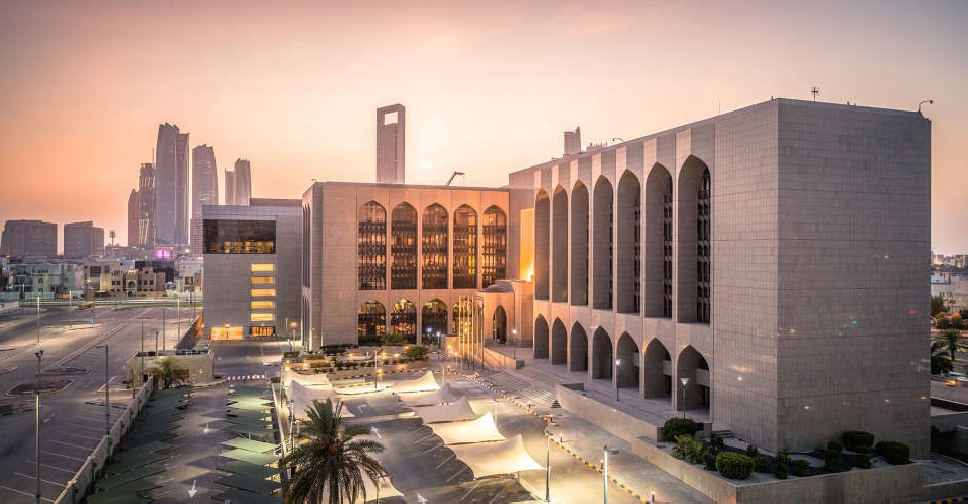 Five insurance brokers sanctioned in UAE compliance drive
Five insurance brokers sanctioned in UAE compliance drive



